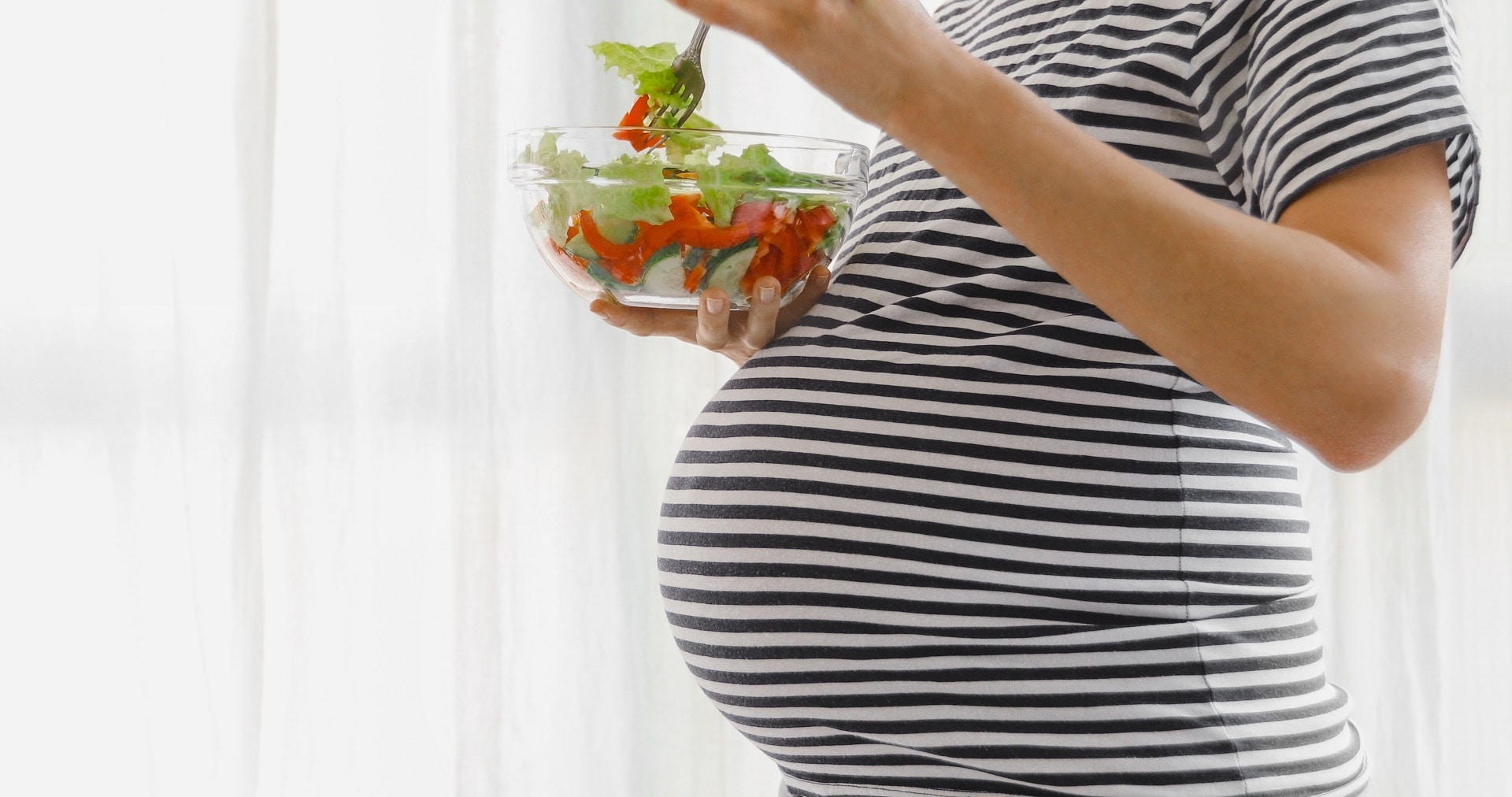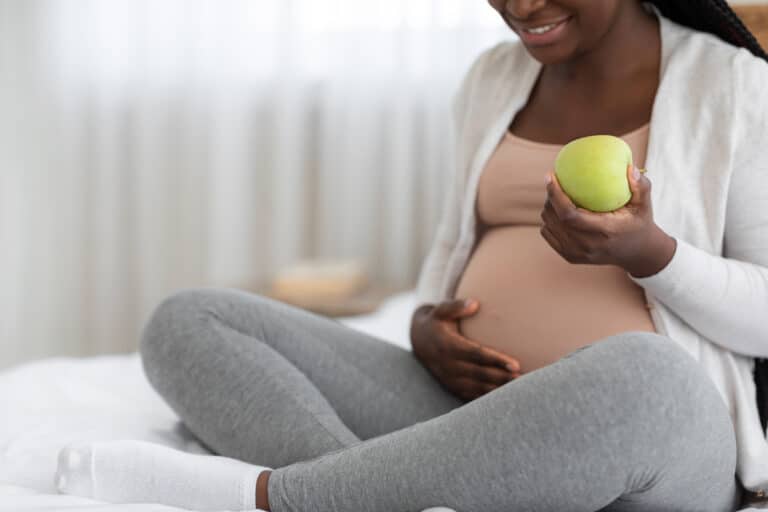You discover you are pregnant and are beyond thrilled! You announce it to the world! And within minutes, you are flooded with congratulatory calls. Of course, but competing with congratulations and beating it hollow is unsolicited advice from many people. Most of it is well-intended, be it from your mom, mother-in-law, friends, relatives, or even strangers. Unfortunately, though, not all of it is accurate. They want to reassure you but may end up causing anxiety.
Even if you have booked an online doctor consultation and taken your doctor’s advice, you can be susceptible to misinformation. You get taken in because you feel that the advisors are talking from experience. While that may be true, every woman’s body is different, and so is every pregnancy. Also, with advancements in science and technology, many of these recommendations have changed with time.
In India, many myths are surrounding the diet of a pregnant woman. As a result, it is not uncommon for pregnant women to become lost in the maze of advice. So we got one of the top gynaecologists in Bangalore to bust some popular diet myths in pregnancy.
1. Avoid Papayas
Myth: One of the most popular myths is that eating papayas during pregnancy can cause miscarriage.
Fact: It is safe to eat ripe papayas during pregnancy.
However, unripe papaya has latex that can trigger uterine contractions if eaten in large quantities.
Ripe papaya is low in calories and contains phytonutrients, minerals, and vitamins. It is rich in vitamin C, B, A and potassium, magnesium, and folate.
It contains a substantial amount of soluble dietary fibre that helps digestion.
While choosing papaya, select a fruit that is ripe and fresh.
2. Saffron and fair baby
Myth: Consumption of saffron can make your baby’s complexion fairer. Pregnant women are often advised to have milk infused with saffron strands to lighten the baby’s skin.
Fact: It is safe to have saffron in tiny quantities during pregnancy. However, it has no connection to your baby’s complexion. The child inherits its complexion genetically, and food does not influence it. Also, please note that a fair or dark complexion doesn’t have any relationship to health.
3. Butter or ghee for smooth delivery
Myth: During their last trimester, pregnant women are advised to consume vast quantities of ghee to make their deliveries smoother. The belief is that ghee softens the cervix and makes delivery smooth.
Fact: Ghee is a healthy source of fat that even lactose intolerant people tolerate. However, ghee is not going to help your baby slide quickly out of your womb.
4. Eat for two
Myth: Pregnant women should double the quantity of intake and eat for two.
Fact: Pregnant woman is eating for two, but should not double the quantity of food. You need just about 300 extra calories per day and a little extra if you are carrying twins. However, doubling your calorie intake can have harmful repercussions on your and your fetus’ health.
5. Coconut water and hair
Myth: Drinking coconut water will result in thick hair for your baby and acidity for you.
Fact: Coconut water is rich in nutrients and very hydrating. It has nothing to do with excess hair growth in the baby. And the acidity in the last trimester is not because of the baby’s hair. When the pregnancy progresses, the uterus stretches out, resulting in the upward push of the intestine. The upward movement of the intestine makes your digestion sluggish resulting in acidity.
6. Cravings and baby’s gender
Myth: Your cravings in pregnancy can indicate the sex of your baby. The myth is that if you are craving salty and spicy foods, you are expecting a boy. Likewise, if you crave sweets and fruits, you are expecting a girl.
Fact: Pregnancy cravings do not correlate with your baby’s gender. Cravings may, on the other hand, indicate nutritional deficiencies. For instance, craving chocolates may be because of a magnesium deficiency. A craving for salty foods may be due to a lack of chloride. Adding olives, tomatoes, kelp, or Himalayan pink salt to your diet may help.
7. Spicy food
Myth: Spicy foods can burn and blind the baby’s eyes.
Fact: Spicy foods don’t turn your baby blind. However, it is preferable to avoid consuming excess spices as they can cause acidity.
Takeaways: Pregnancy is a time to nourish and cherish! So, do your research, separate fact from fiction, and stay safe and healthy!








![Home Renovation Guide [2025]](/app/uploads/2021/04/design-hacks-1-378x300.jpg)


